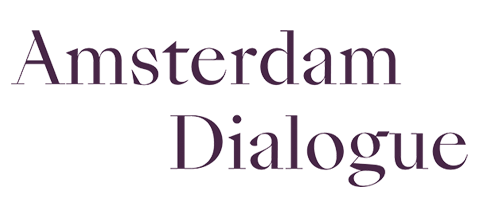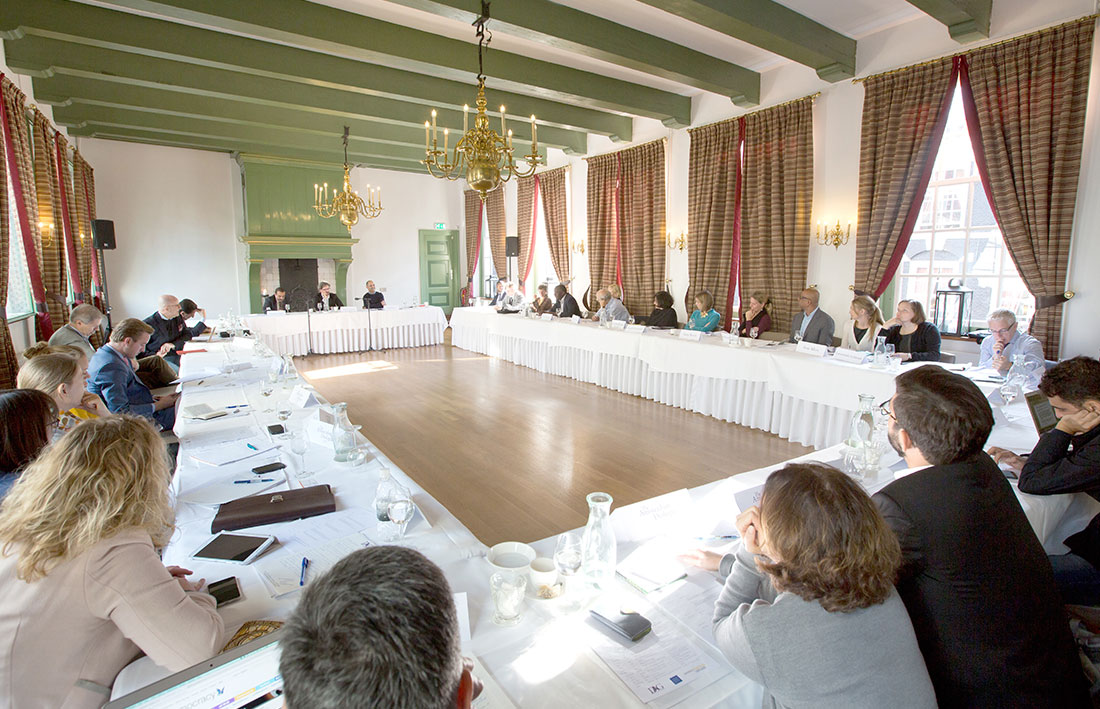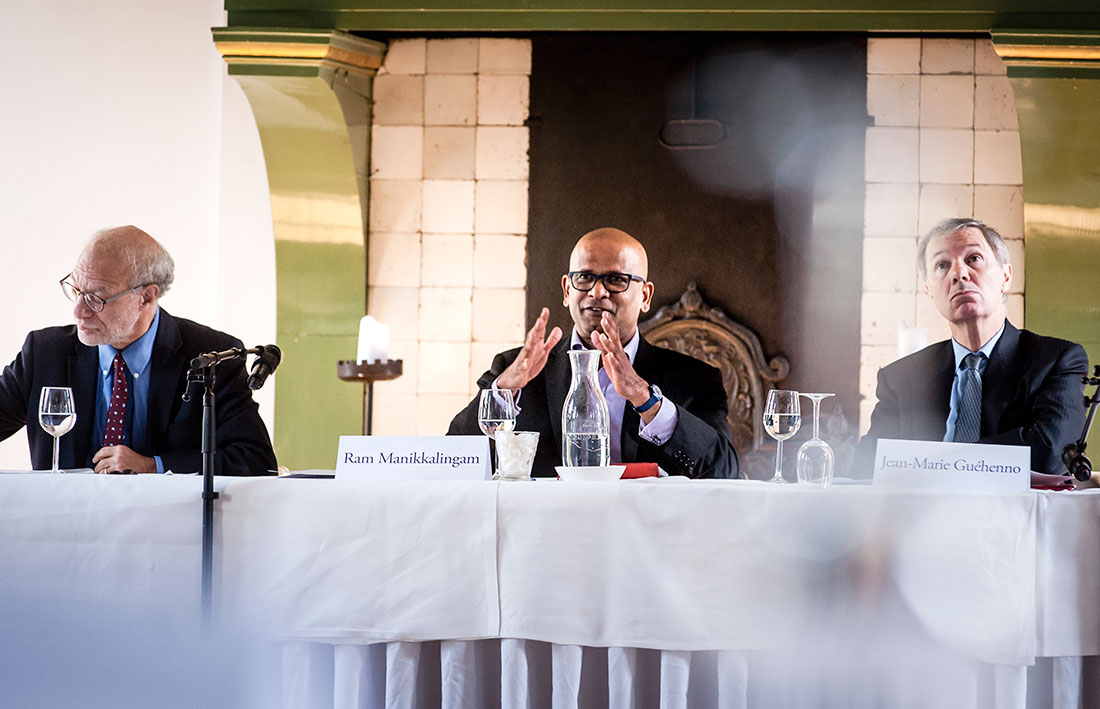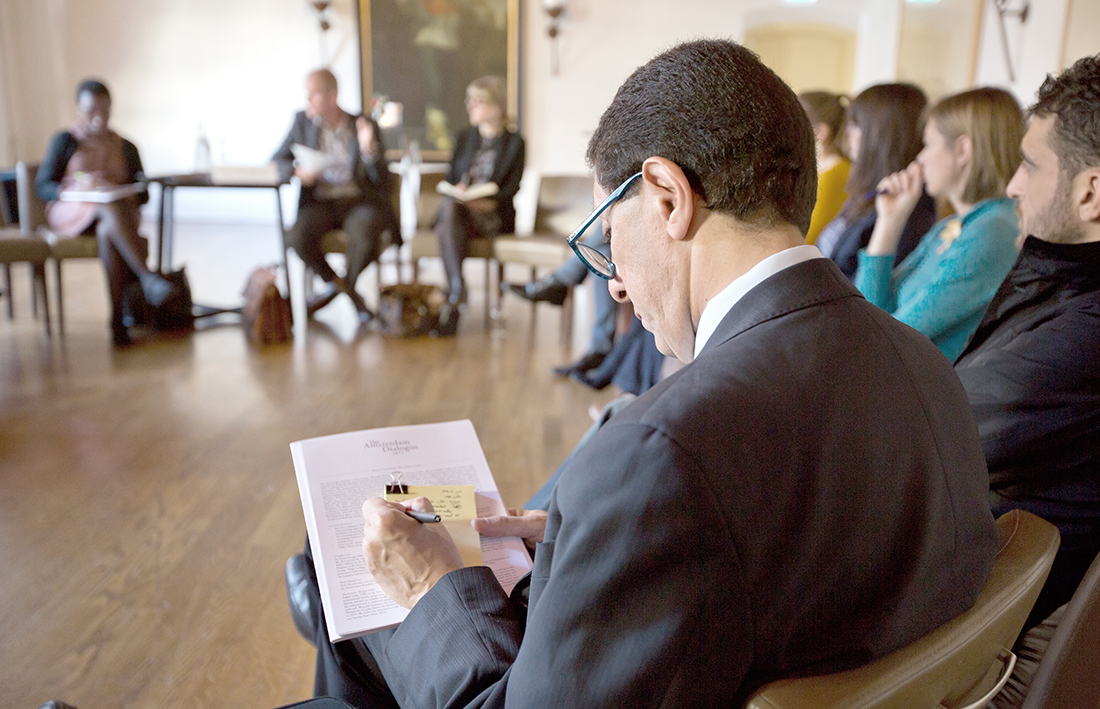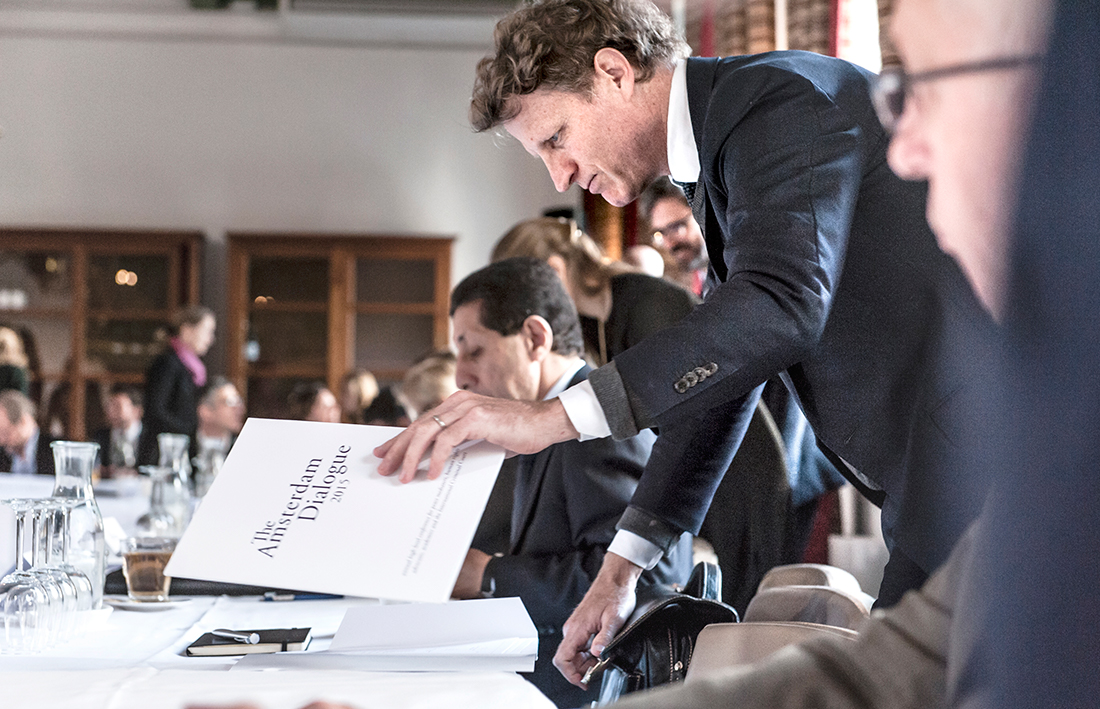During the Amsterdam Dialogue 2015, participants focused less on the antagonistic relationship between peace and justice, with participants accepting that the discussion has moved beyond the either/or debate. Instead, it is a question of peace in justice or justice in peace and participants explored complementarities between the two. For example, in discussions on the ICC’s preliminary examination in Palestine, participants suggested that ICC investigations could provide the necessary catalyst to push parties back to the negotiating table.
Beyond the ICC’s opening of a preliminary examination in Palestine, a sense of cautious optimism was also shared by participants in regard to other situations addressed during the conference. In discussions on the advancements in Colombia towards ending the fifty-year conflict, there was recognition of the positive steps to include accountability mechanisms in the agreement. Additionally, despite the pessimism surrounding the lack of progress on a UN-brokered agreement in Libya, after hearing from organisations working on the ground on these issues, participants were encouraged that work complementing the UN talks was being done and some progress on peace and security in Libya was being made.
Finally, a point that was reiterated in multiple sessions was the need for a grassroots approach to tackling issues of peace and justice. Participants felt that appreciation of the local context is key when seeking to strike the right balance between the promotion of peace and providing mechanisms for accountability. It was felt that the UN, in its top-down approach, is not always best placed to take these factors on board. Instead, the international community should offer support to national initiatives, and help change the system from the ground up. In a similar vein, it was noted that local civil society has an important role to play in supporting the activities of the ICC, particularly in countering negativity conveyed by States.
Agenda day 1, Monday 2 November 2015
12:30 – 13:30 Arrival
Registration, coffee & sandwiches
13:30 – 14:00 Opening Remarks
- Ram Manikkalingam (Director, Dialogue Advisory Group)
- Jean-Marie Guéhenno (President & CEO, International Crisis Group)
- Richard Dicker (Director, International Justice Program, Human Rights Watch)
14:00 – 15:30 Plenary session
Q&A with the Office of the Prosecutor of the International Criminal Court
- James Stewart (Deputy Prosecutor, International Criminal Court)
- Hesham Youssef (Assistant Secretary-General for Humanitarian Affairs, Organisation of Islamic Cooperation)
- Moderator: Priscilla Hayner (Independent Writer and Consultant)
15:30 – 16:00 Break
16:00 – 17:30 Plenary session
ICC preliminary examination of Palestine
- Jessica Montell (Former Executive Director, B’Tselem)
- Daniel Reisner (Former Head of International Law Department, Israel Defense Forces)
- Moderator: Álvaro de Soto (Former UN Middle East Envoy)
17:30 – 19:00 Reception
19:00 – 22:00 Dinner
Agenda day 2, Tuesday 3 November 2015
08:45 – 09:00 Coffee & tea
09:00 – 10:30 Parallel break-out sessions
Colombia
- Maria Teresa Ronderos (Director on Independent Journalism, Open Society Foundations)
- Moderator: Teresa Whitfield (Senior Adviser to the President, International Crisis Group)
The Great Lakes
- Comfort Ero (Africa Program Director, International Crisis Group)
- Hans Romkema (Consultant, Dialogue Advisory Group)
- Moderator: Michelle Gehrig (Programme Coordinator, Dialogue Advisory Group)
10:30 – 11:00 Break
11:00 – 12:30 Plenary session
Libya
- Ousama Assed (Director, Libyan Center for Strategic and Future Studies)
- Rod Rastan (Legal Adviser, Office of the Prosecutor, International Criminal Court)
- Moderator: Juan Garrigues (Special Adviser, Dialogue Advisory Group)
12:30 – 13:30 Lunch
13:30 – 15:00 Parallel break-out sessions
Amnesties
- Barney Afako (Advisor, AU High-Level Implementation Panel)
- Marieke Wierda (Senior Policy Advisor, Rule of Law, Dutch Ministry for Foreign Affairs)
- Moderator: Fleur Ravensbergen (Assistant Director, Dialogue Advisory Group)
Syria
- Wesam Sabaaneh (Director, Jafra Foundation, Yarmouk Camp, Damascus)
- Moderator: Fred Abrahams (Special Advisor, Human Rights Watch)
15:00 – 15:30 Break
15:30 – 16:30 Conclusions
- David Petrasek (Associate Professor, University of Ottawa & Consultant, Dialogue Advisory Group)
16:30 – 17:00 Closing remarks
